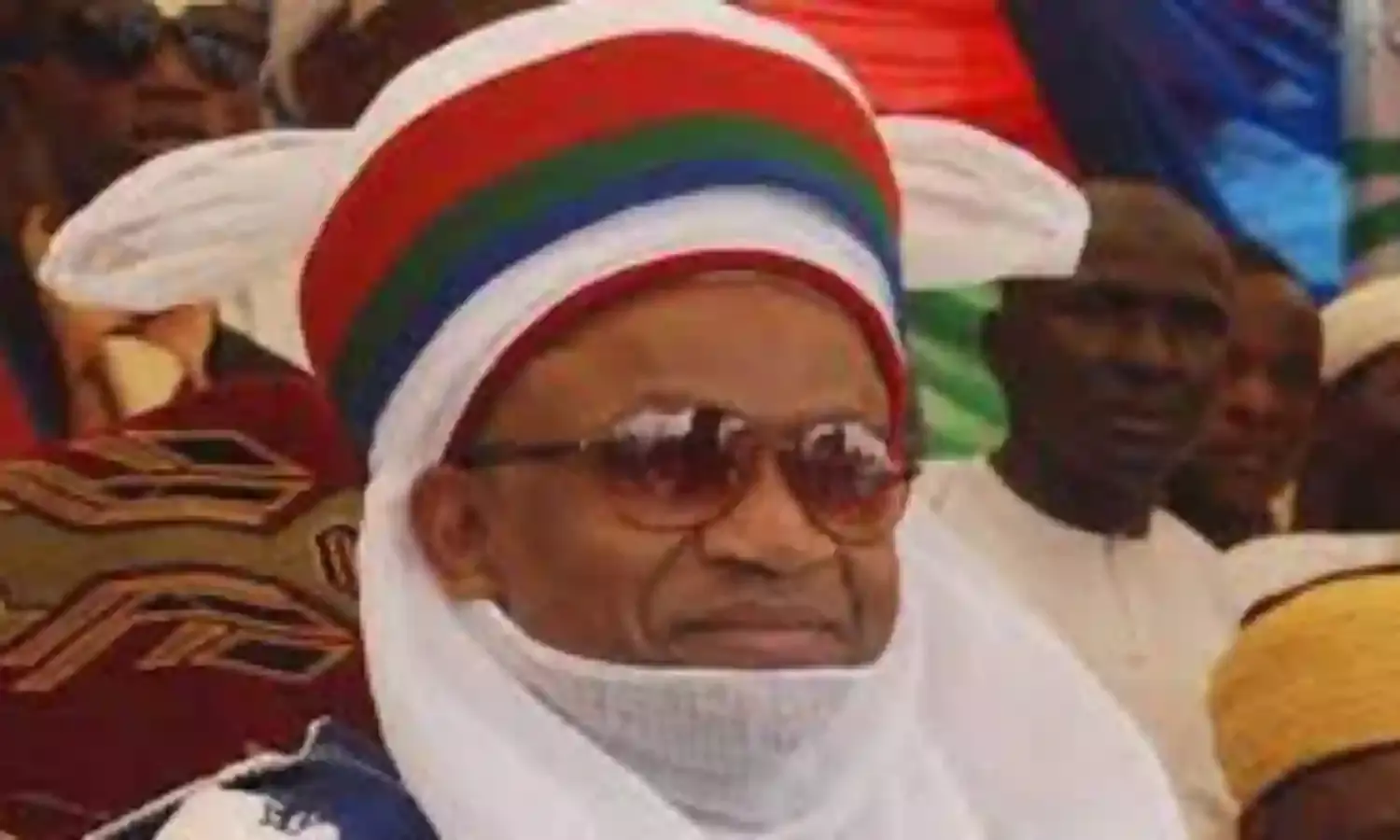Why traditional institutions better suited for resolving conflicts — Etsu Nupe
The royal father called on the National Assembly to rethink its review of the constitution along the lines of restructuring governance, devolution of powers, and the complex interplay between traditional institutions and the federal political system in Nigeria’s multi-ethnic democracy.;

Traditional institutions have more potential for conflict resolution than conventional agencies, considering their proximity to the people and their veneration in society.
The Etsu Nupe, Alhaji Yahaya Abubakar, made the assertion on Wednesday in Lagos.
The Etsu Nupe, also the Chairman of the Niger State Council of Traditional Rulers, delivered a lecture on the theme “Traditional Authority and National Integration in Nigeria.”.
The lecture was organised by the Nigerian Institute of International Affairs (NIIA) with the aim of generating national discourse on the relevance of traditional institutions.
Abubakar said that traditional institutions understood the basic problems confronting their peoples and societies, culturally, religiously, and emotionally.
He said that the expertise of traditional rulers as peacemakers and socio-cultural bridge builders should be maximally exploited to bring greater value and understanding among the different peoples of Nigeria.
The royal father emphasised the significance of traditional institutions for the overall development of Nigeria.
He said that traditional institutions had deep-rooted attachments to local communities and had the ability to influence public acceptance of initiatives.
He said this was in addition to their established roles as custodians of cultural values.
According to the Etsu Nupe, traditional institutions prioritised communal interests vital for re-establishing peaceful societies.
He noted that traditional institutions encompassed traditional rulers, traditional title holders, religious leaders, and community elders.
“Most significantly, their permanent residency and intimate familiarity with local environments make them ideal for effective community surveillance and security management, as well as local experts in conflict resolution.
The royal father called on the National Assembly to rethink its review of the constitution along the lines of restructuring governance, devolution of powers, and the complex interplay between traditional institutions and the federal political system in Nigeria’s multi-ethnic democracy.
According to him, amid growing insecurity, ethnic tensions, and perceived declining national cohesion, advocating a formalised constitutional advisory role is seeking to leverage centuries-old indigenous governance structures to tackle modern challenges.
“The system of local leadership was entrenched long before colonialism. Modernism brought about the erosion of this cherished system, and modern governments are reluctant to reintegrate it into modern governance.
“Therefore, it is imperative that the reluctance to accord the traditional institutions the authority to serve in matters affecting religion, culture, security, and conflict resolution be reconsidered.
“Also, the tacit advisory roles that traditional rulers and religious leaders play today would need to be formalised.
“They are already serving as consultants on a variety of issues, including security and conflict resolution,” Abubakar said.
Abubakar,also Chairman, Coordinating Committee of the National Council of Traditional Rulers of Nigeria, said that the council’s vision for and commitment to the security, peace, and welfare of citizens transcended Nigeria.
He added that the council’s experiences in peacebuilding were centuries old.
He said that traditional institutions were the bedrock of the success of any government.
According to him, this is because the traditional institution is an enduring cultural heritage of the people and a system through which they govern themselves.

